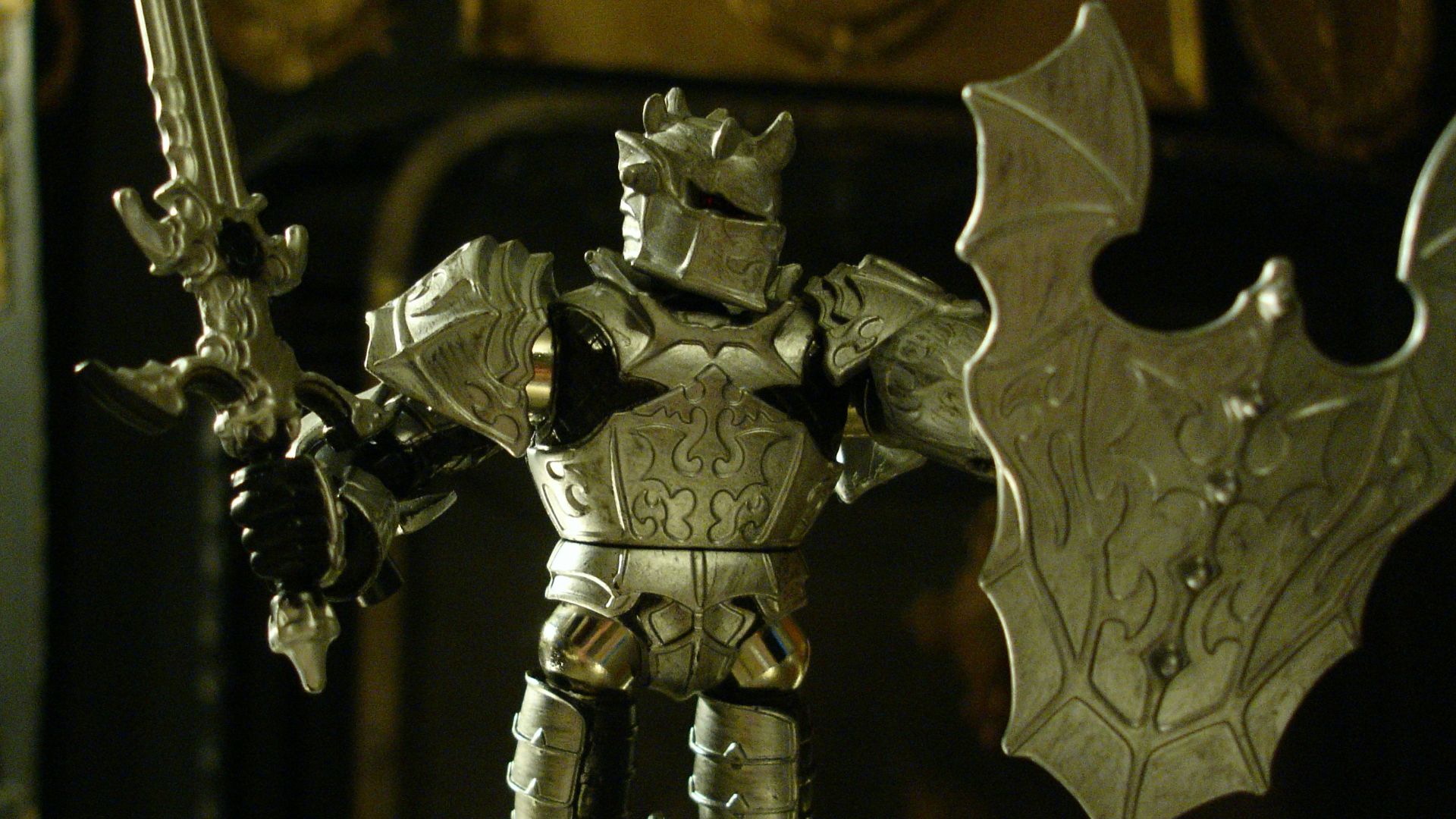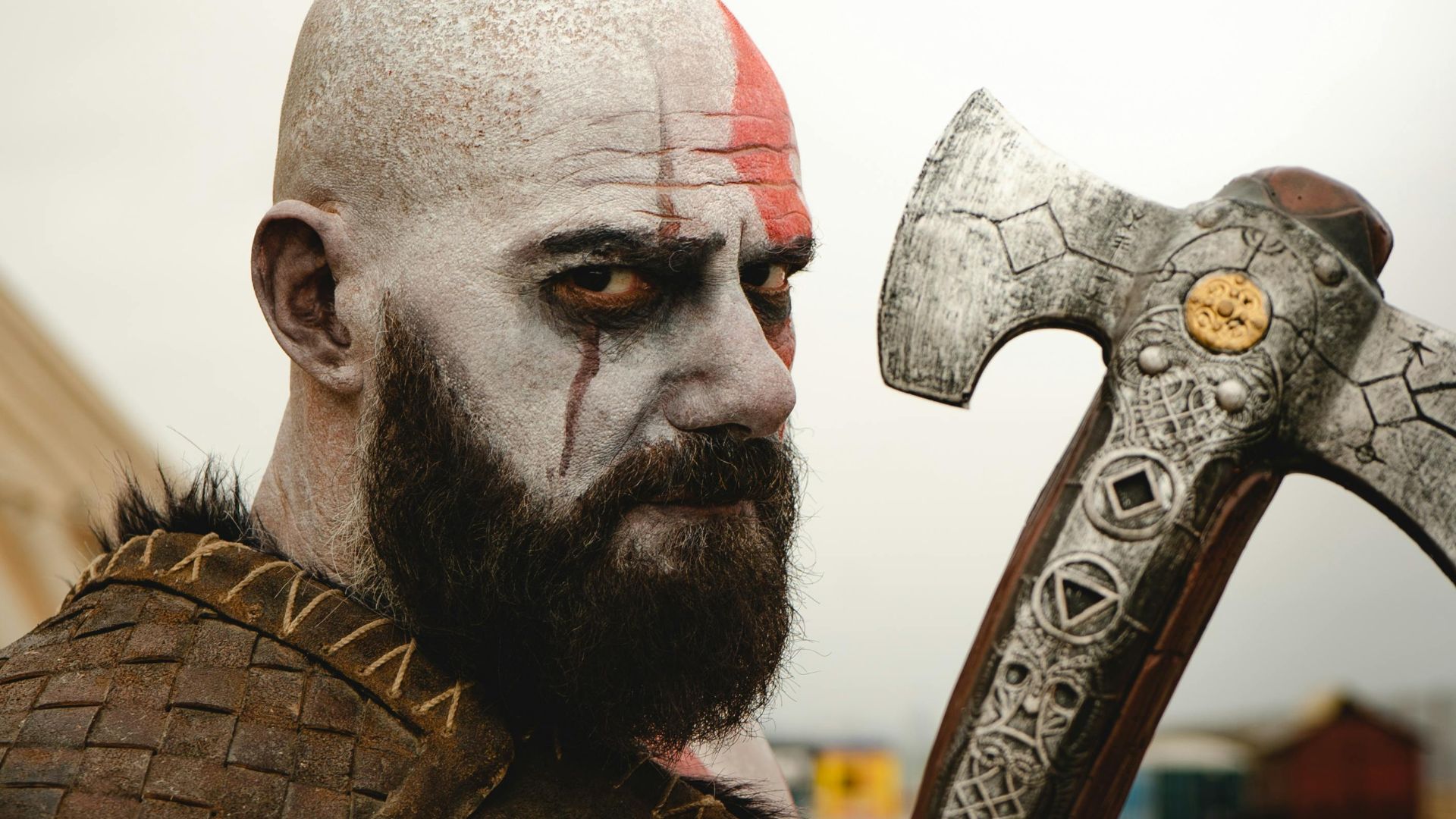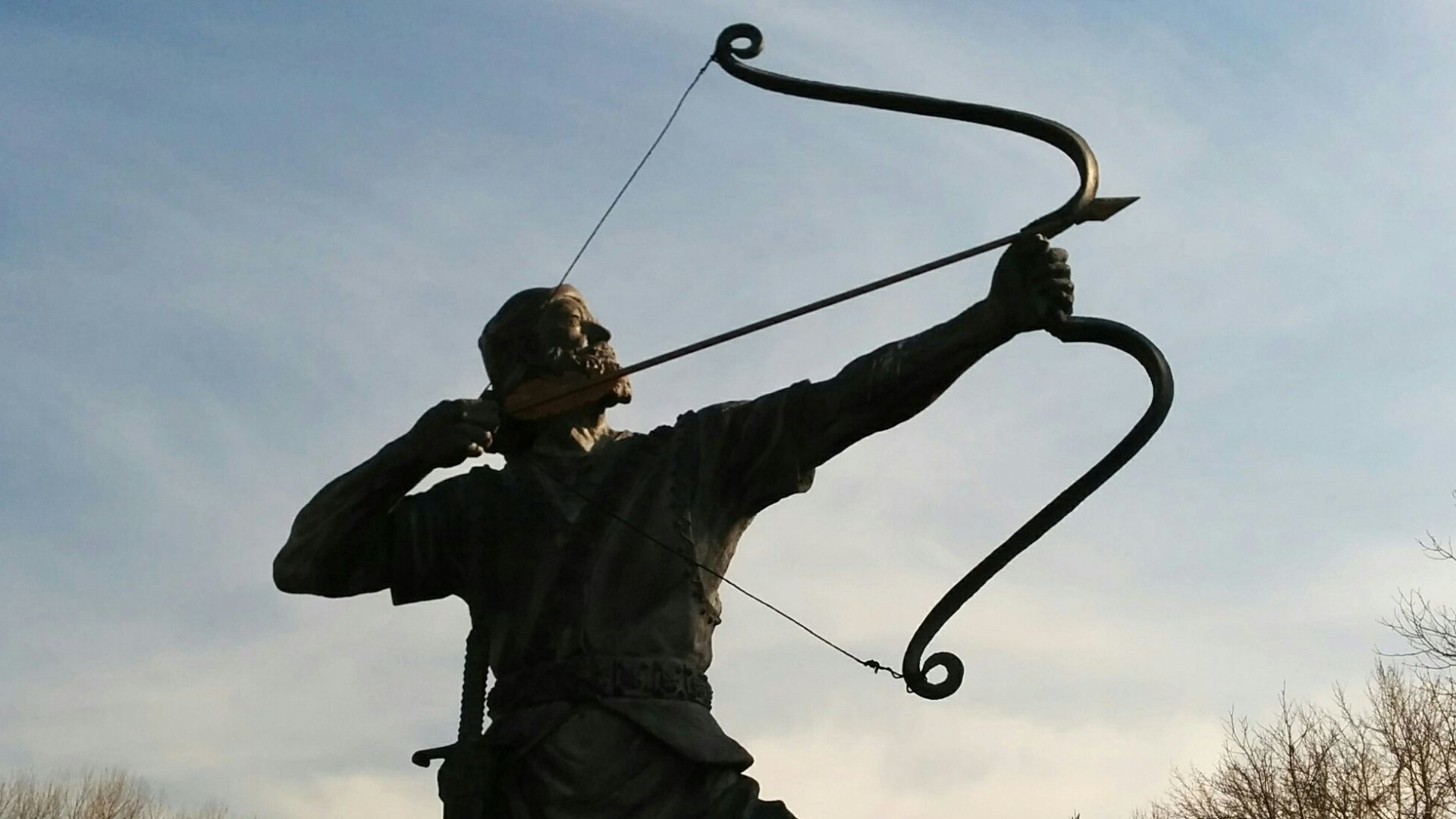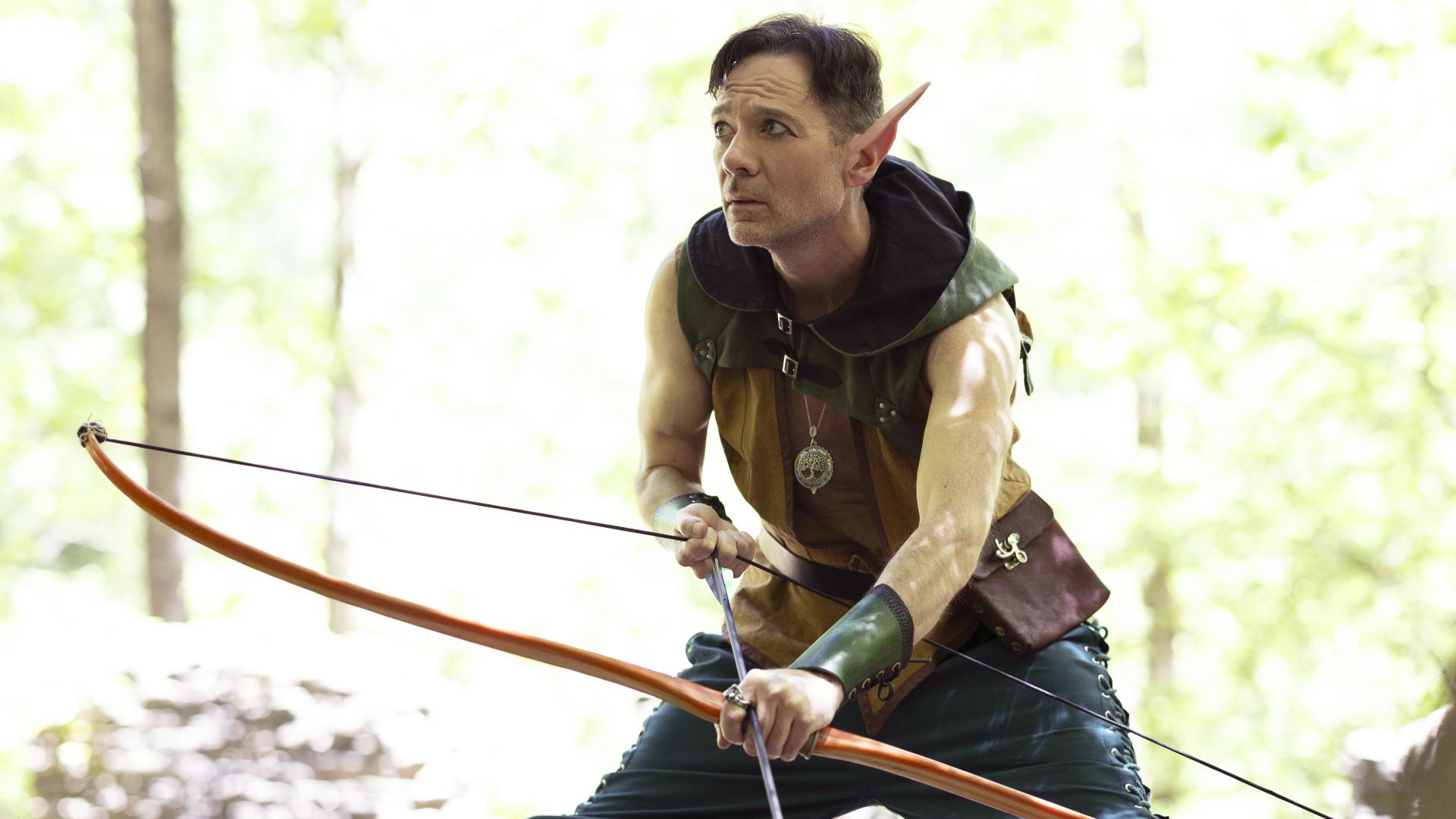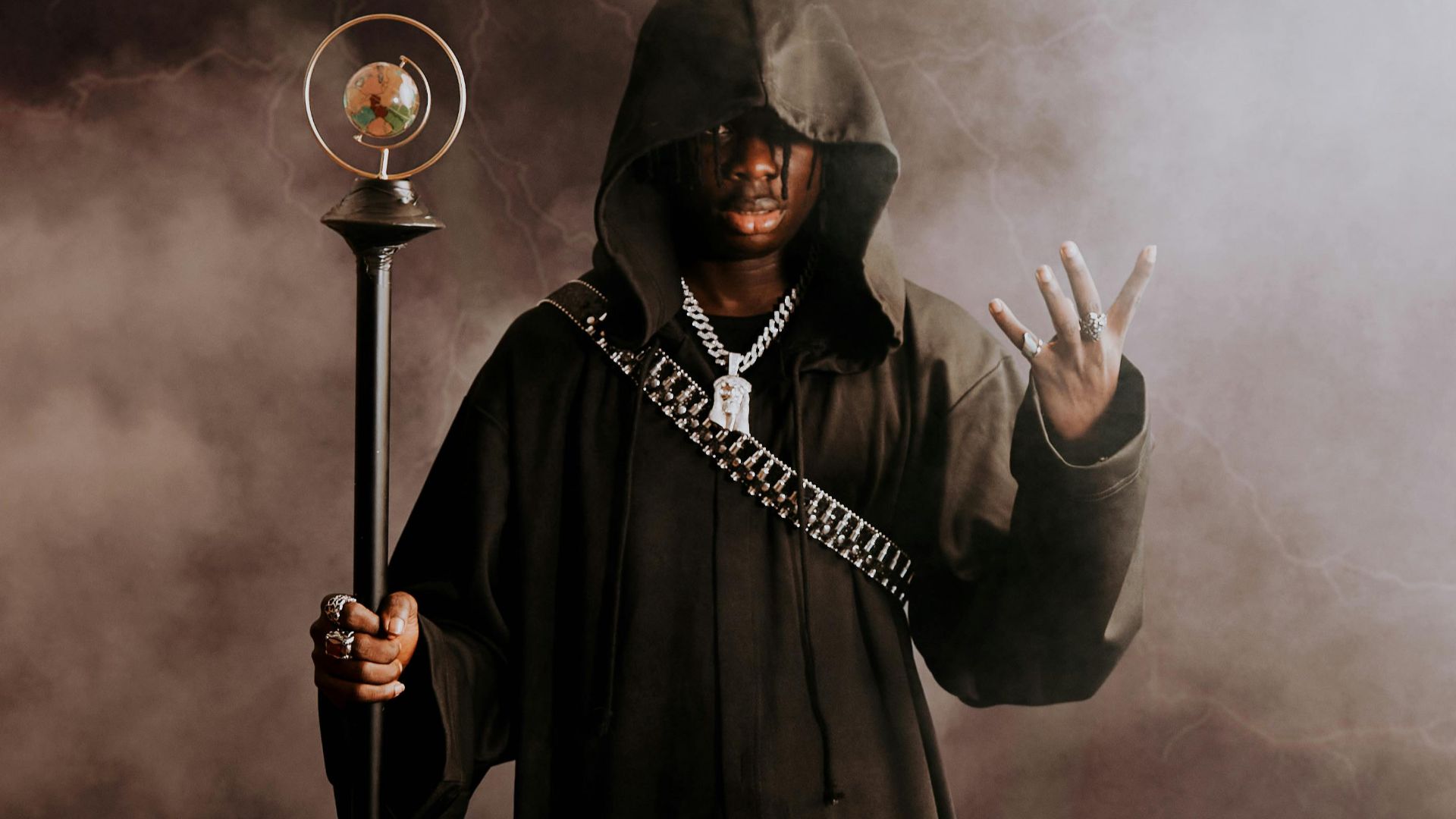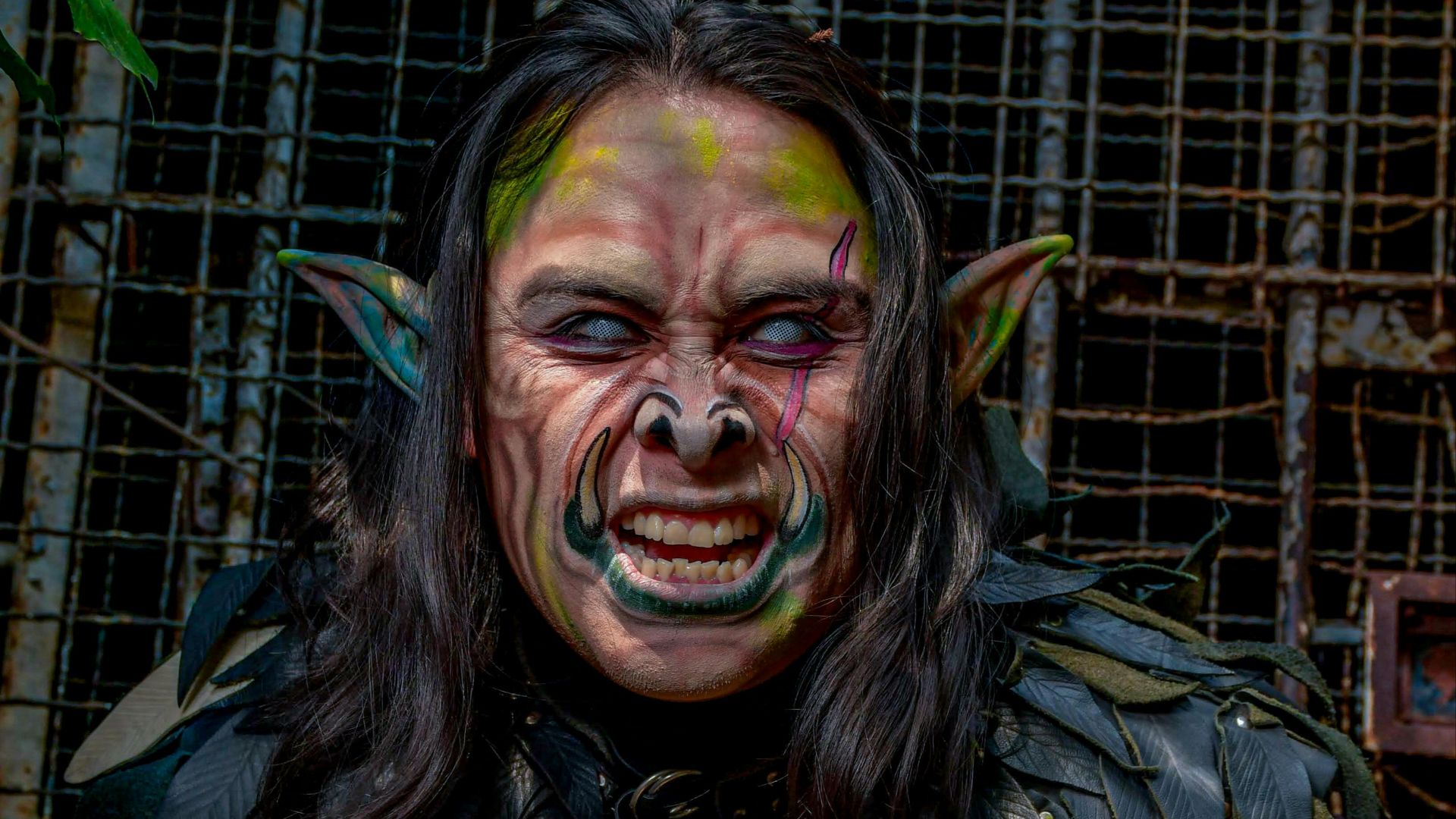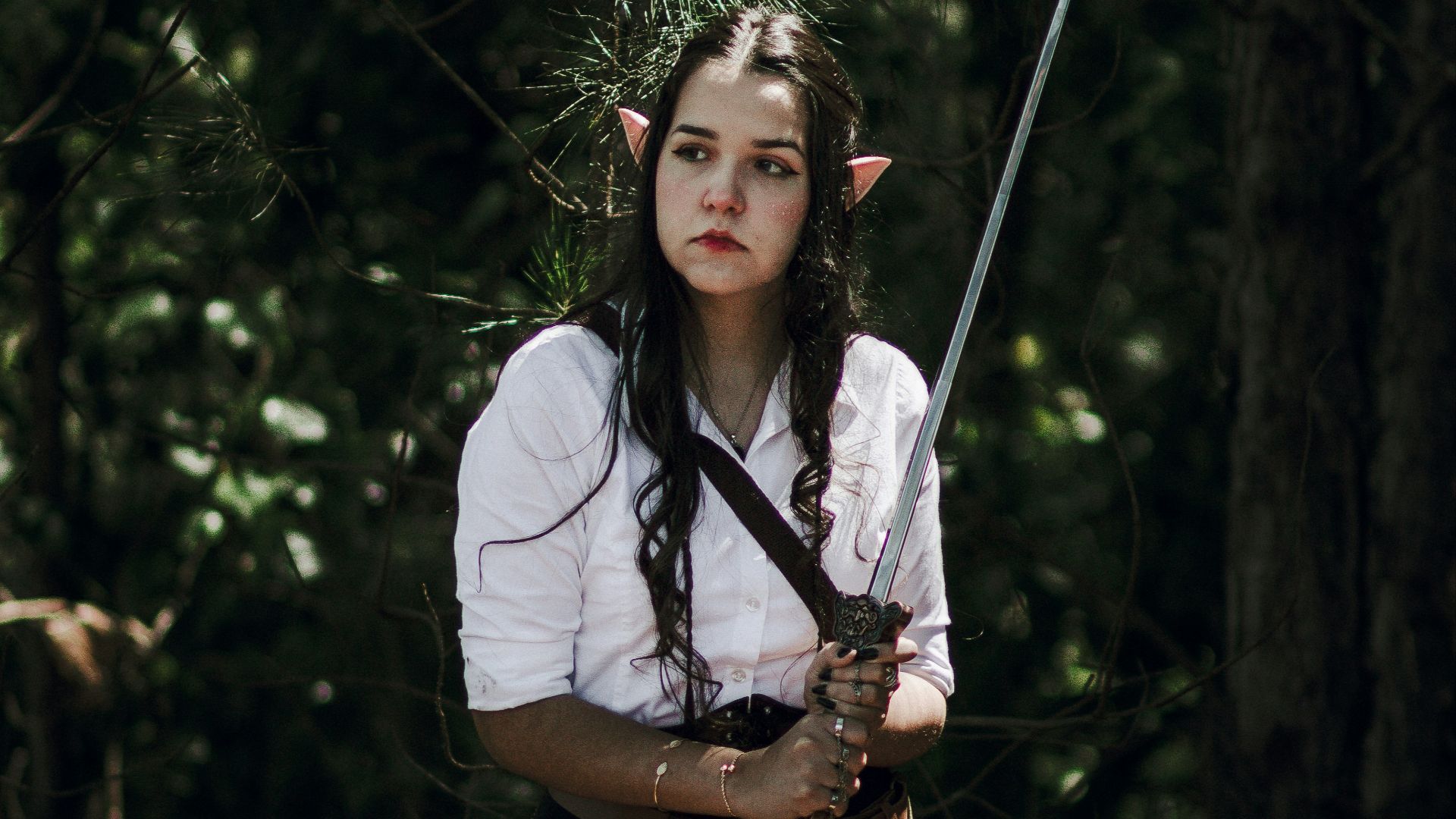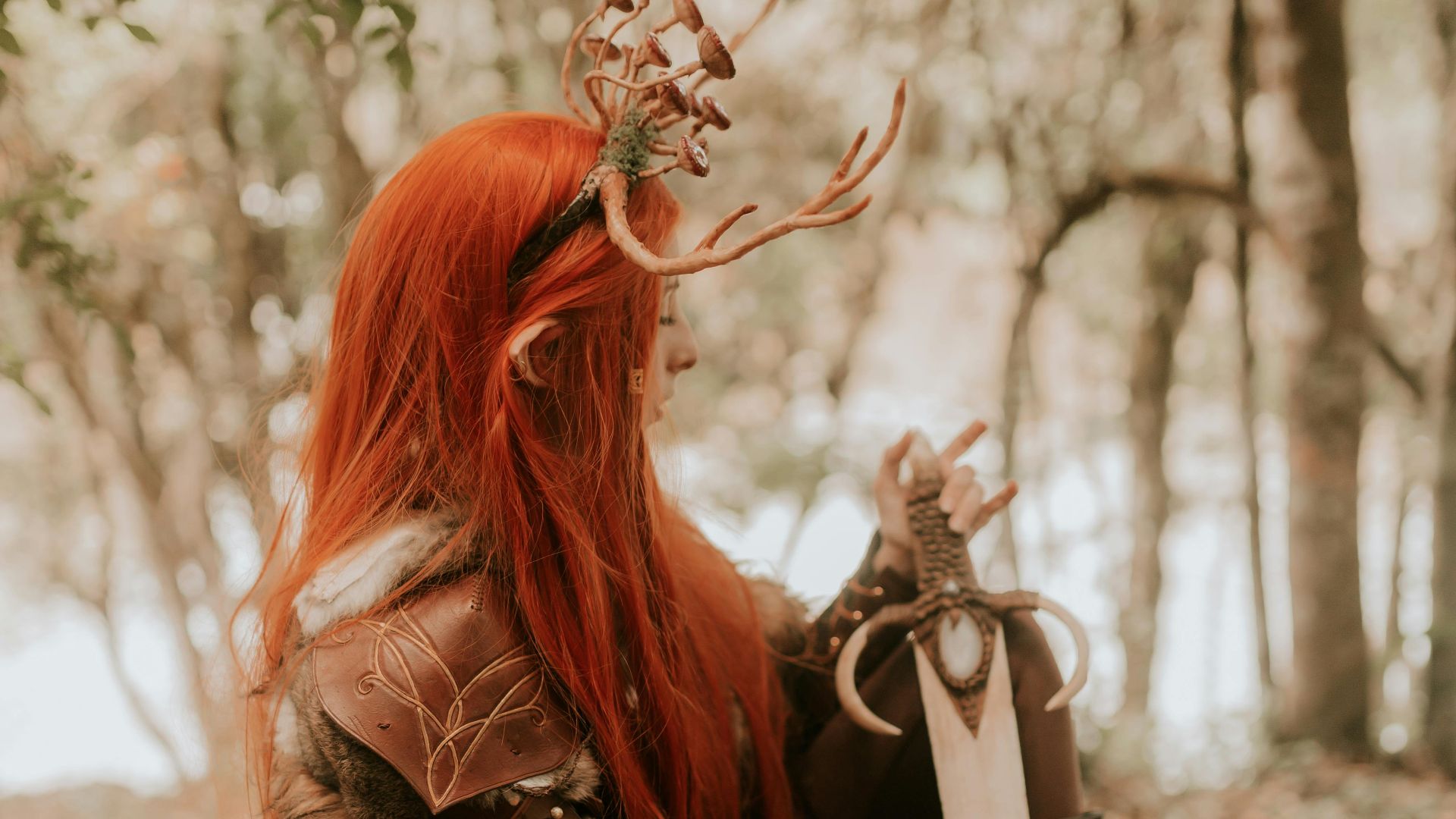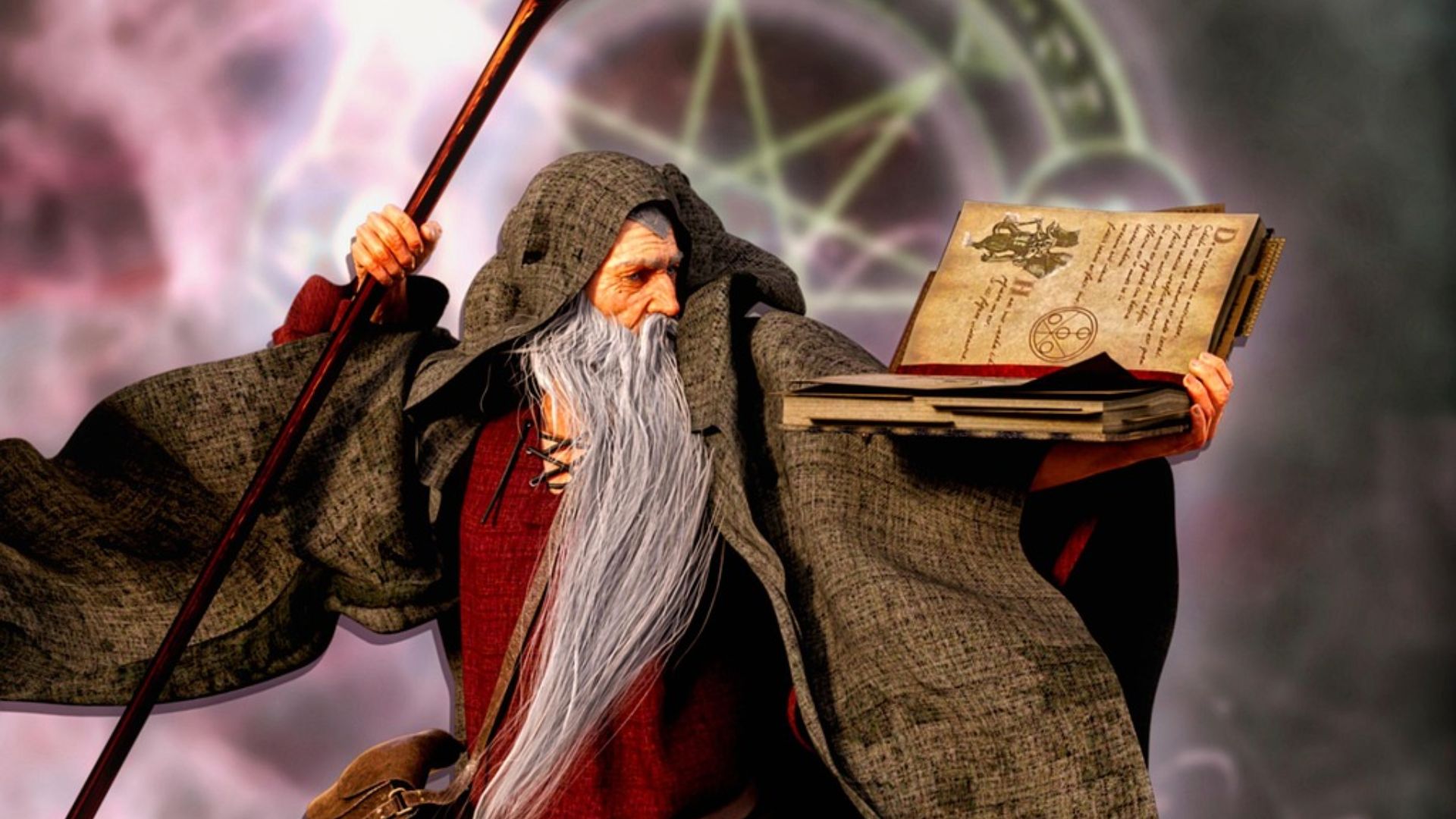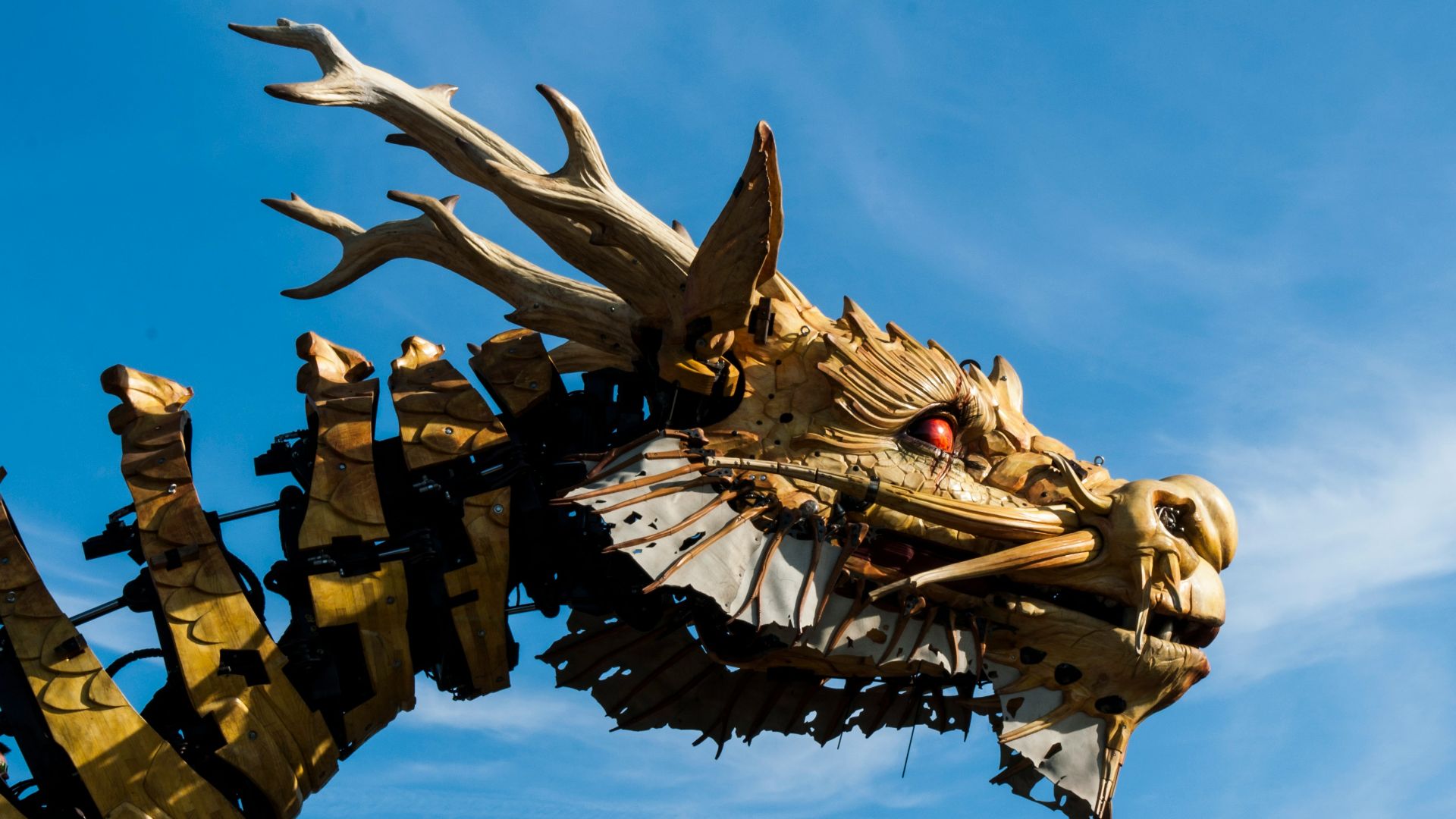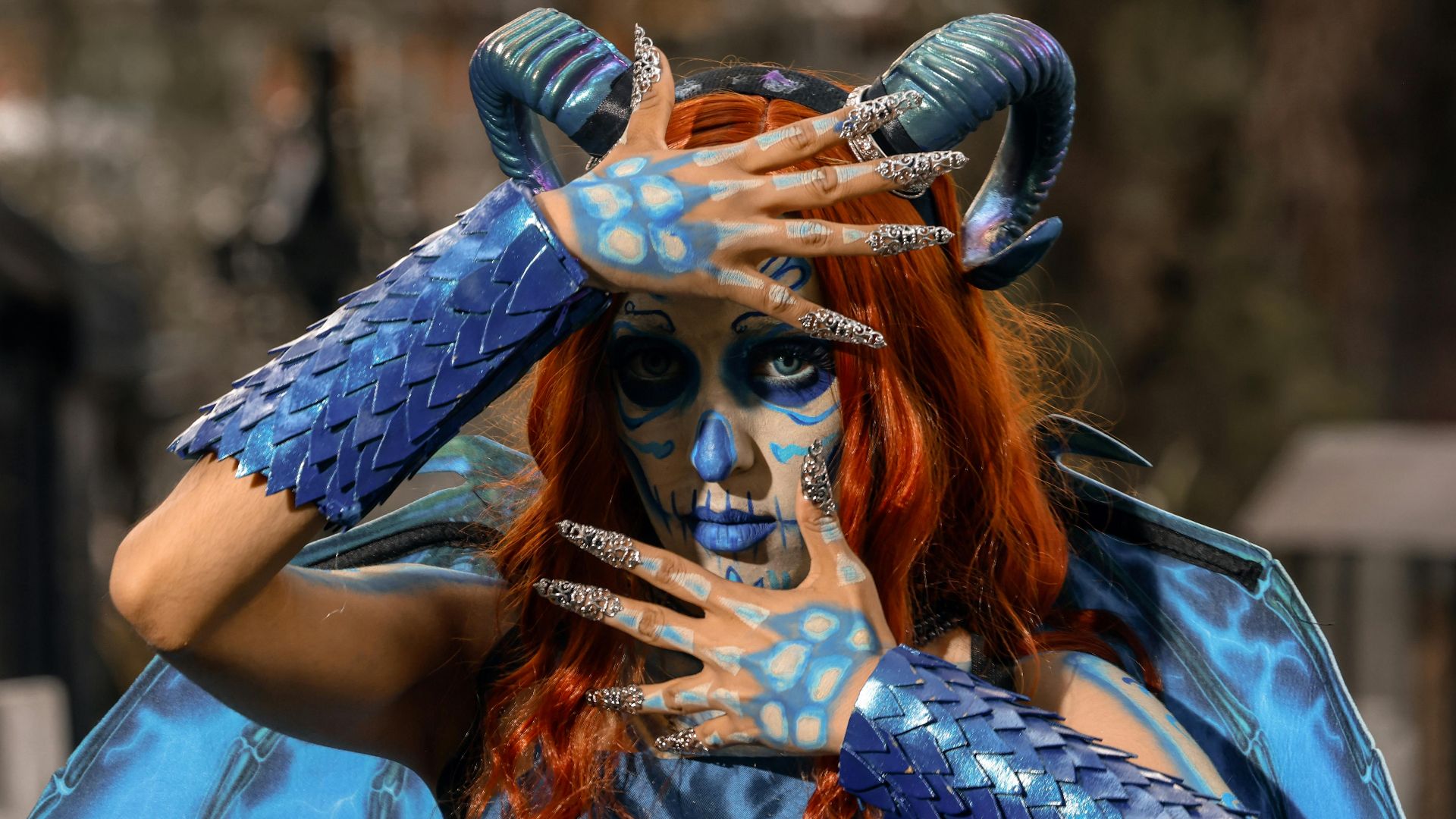Everyone Is Welcome At The Table
No longer a cause of satanic panic among parents of geeky teenagers, Dungeons & Dragons is more popular than ever! With the popularity of Actual Play podcasts and video series, players may be interested in creating their first character but confused about where to start. Never fear, we've compiled the most beginner-friendly classes and species, as well as some characters best left in seasoned hands.
1. Fighter
Fighters are by far the easiest class for beginners, and is unfairly labelled as "vanilla" by pros. Fighters do exactly what the name implies: hit hard, hit fast, and often. There isn't any complicated spellcasting to fret over, and Second Wind gives players a safety net to make mistakes.
2. Barbarian
Barbarians are all about brute force; a fighter that occasionally flies into blood rage. Barbarians are the tanks of their party, they can take a hit and keep on going, protecting the defensive and supporting members. Barbarians are also difficult for enemies to take down, allowing players to roll without worrying.
3. Rogue
Not every player wants to swing a big sword around, but, if you want to play melee from the shadows, a Rogue may be the character for you. Not only can Rogues do extra damage with sneak attack, they're also handy to have if you need to disarm a trap or pick a pocket. A great choice for the player looking for a broody antihero.
4. Ranger
Not every campaign has the combat level of Rock 'Em Sock 'Em Robots, and if you're party is going to be spending time in the great outdoors, a Ranger is a marvelous addition. Rangers are great for Baby's First Half-Caster, combining archery with spells such as Hunters Mark. Plus, you can have an animal companion!
5. Paladin
Paladins are great for players who want the best of armed combat and spell-casting. Paladins are valuable when it comes to healing, navigating social situations, and smiting their enemies. While this is one of the more difficult classes for beginners, a good DM will help you learn the ropes.
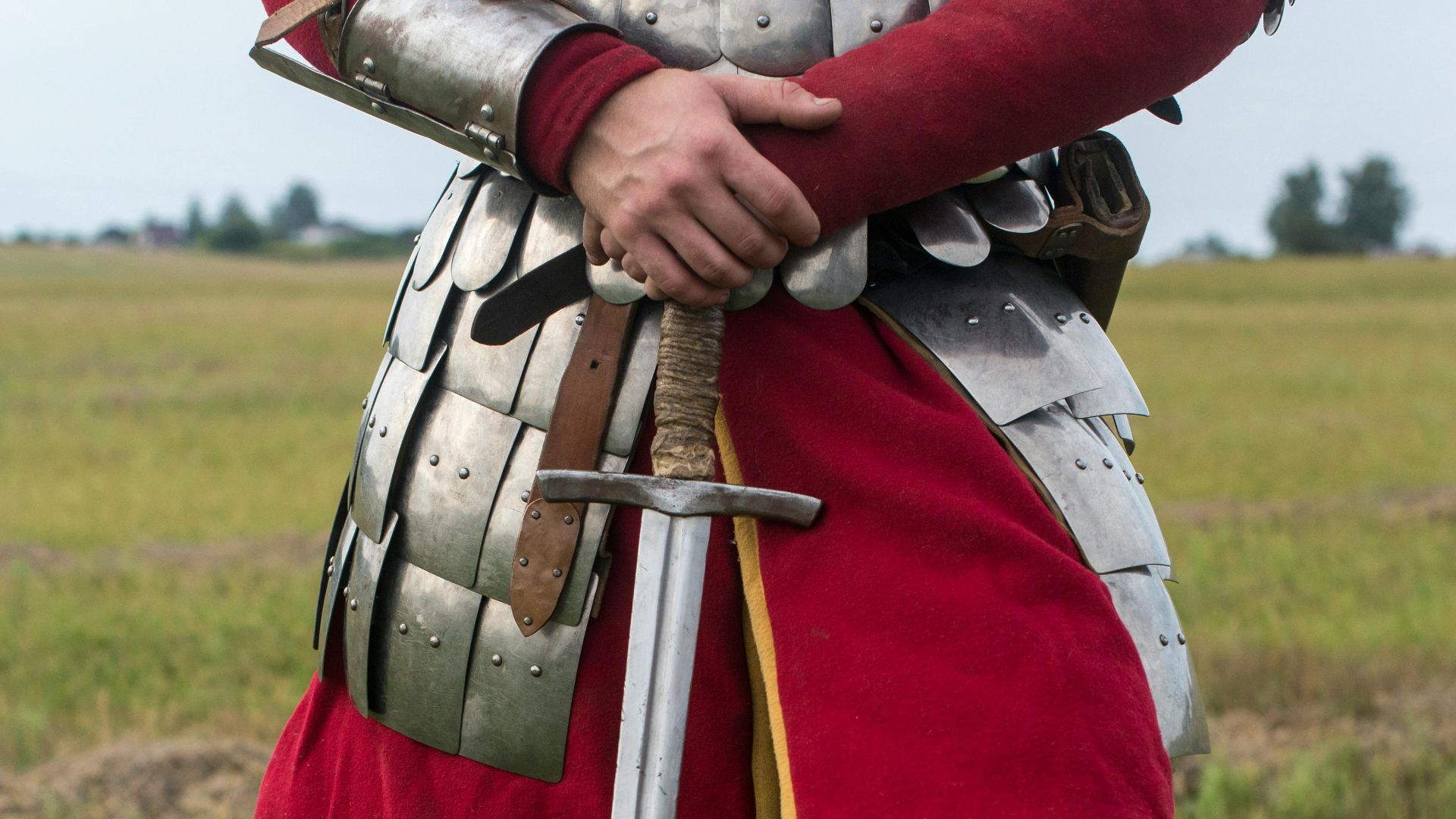 Anastasia Lashkevich on Pexels
Anastasia Lashkevich on Pexels
6. Warlock
Warlock is the most difficult beginner-friendly class on this list, but it isn't entirely inaccessible. Warlocks are extremely customizable to fit both the player and their skill level. Plus, a Warlock's limited spell slots will be easier to keep track of for newbies.
7. Orc
Moving onto species types, orcs have a nasty reputation in a ton of fantasy media, but that needn't be the case for your campaign. In terms of brute strength, orcs are a solid choice for a player looking for tanks. In addition to combat skills, you also have Darkvision and Primal Intuition, which makes you useful off the battlefield as well.
8. Dwarf
Another wonderful choice for tanks due to their sturdy constitution and armor, Dwarves are a classic race. Dwarves aren't weighed down by armor and have a bit more going on up there than orcs, though we don't want to pit species against each other. Dwarves also dabble in poison damage.
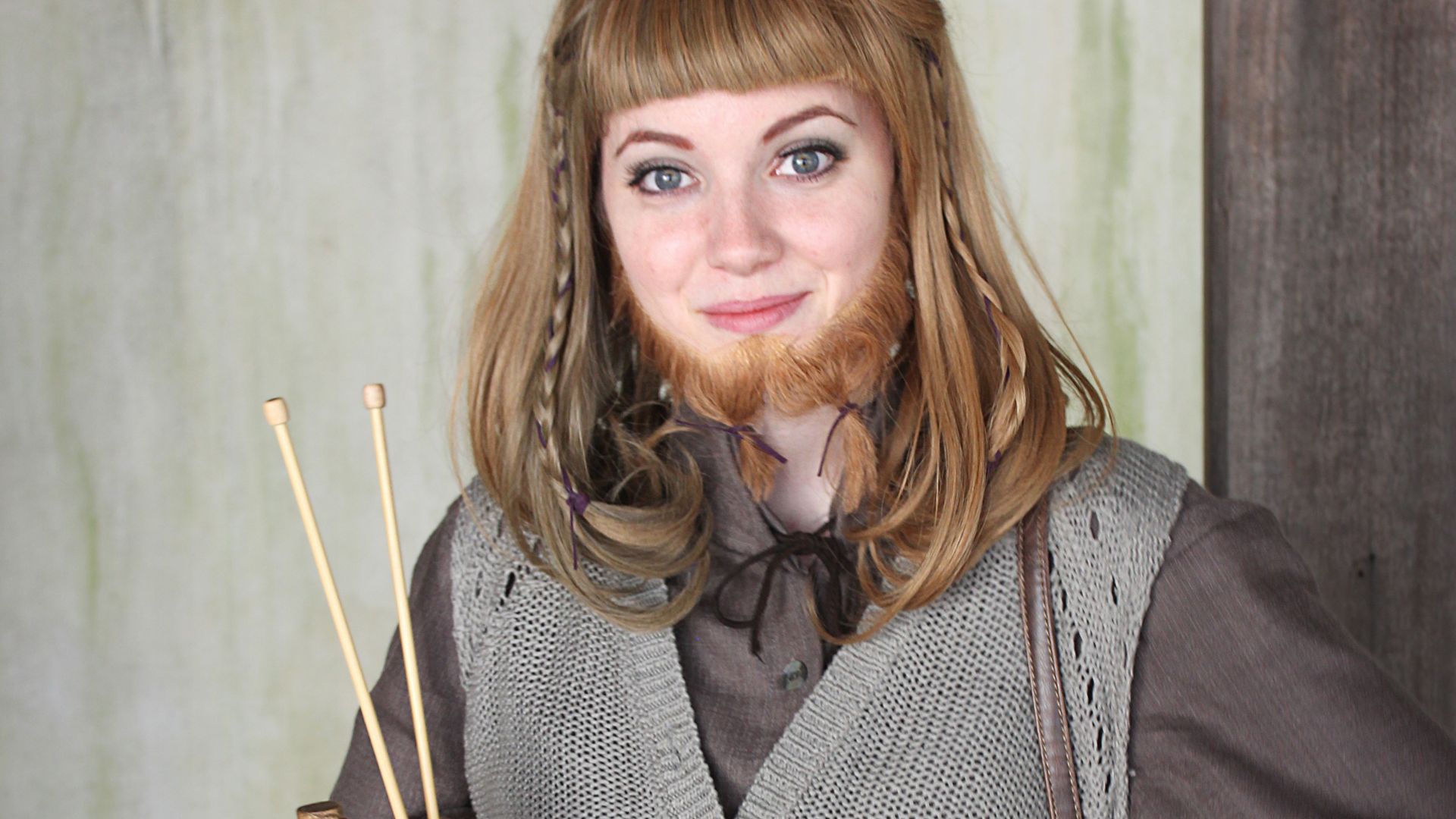 greyloch from Washington, DC, area, U.S.A. on Wikimedia
greyloch from Washington, DC, area, U.S.A. on Wikimedia
9. Half-Elf
Everyone wants to be an elf, we know, but nobody wants to learn the elf lore before they create their character. If you want a less lore-intensive character for your first, or you want to play an angsty outcast, consider playing a Half-Elf. While Half-Elfs aren't accepted in either human or elven society, they reap the benefits of both sides of their heritage.
10. Human
Humans are generally considered the easiest species to play because, well, you already play one everyday! A wonderful pick for players wanting to dip their toes into roleplaying, humans offer nearly endless customization and increased abilities. Every party needs a token human.
Now that we've covered some beginner-friendly classes and species, let's get into a few that require a little more experience!
1. Gunslinger
Technically, Gunslinger is a subclass of Fighter, but it's common enough that we're including it anyway. Players may be fooled into believing that spell slots are the only thing that make a character difficult to play, but they're wrong. Gunslingers require a lot of resource management for weapons repair and maintenance.
2. Artificer
Artificers aren't in the Handbook—you have to seek them out yourself. Artificers are akin to scientists, tinkering with tools and spellcasting alike. Both components can be difficult for players unfamiliar with the game. This is especially true when building artifacts for other players, you have to know what would be useful to them.
3. Druid
Druids are just magical hippies, right? Wrong. Druids are a flexible spellcaster bordering on being OP (not that we're complaining). However, this flexibility can lead to Druids having to balance multiple roles within the party. Additionally, using Wild Shape requires extra knowledge of the Beastiary for animal stats.
4. Sorcerer
Sorcerers don't need to carry a spellbook or commune with a patron to utilize their magic. However, this magic comes with a cost: limited spell slots. While this can be helpful for warlocks, it has a serious learning curve for sorcerers, as metamagic involves a ton of strategy.
5. Bard
Bards may seem like a fun and easy starter class, but they're far more complicated than they seem. If you want to play a Bard right off the bat, you either have to be really comfortable with improv, or already know the people you're playing with. Otherwise, you could clam up completely and put that high charisma to waste.
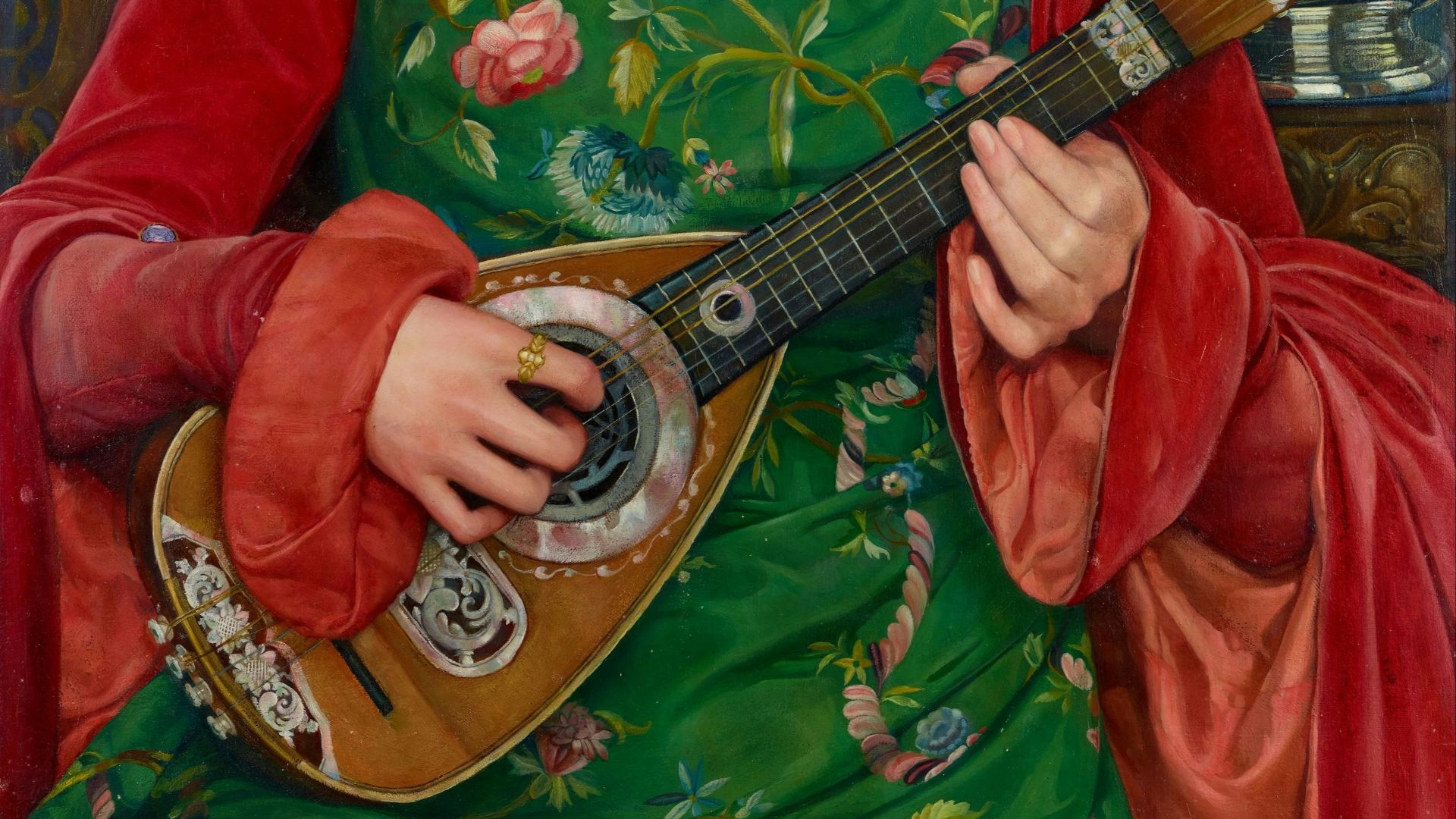 Birmingham Museums Trust on Unsplash
Birmingham Museums Trust on Unsplash
6. Wizard
Unlike Warlocks and Sorcerers, Wizards are book-learners, which means they have a lot of spells to keep track of. Wizards are best played with the future in mind, choosing your school of magic with an eye for where the game will take you. They're also extremely vulnerable to attack.
7. Aasimar
Aasimar are descended from angels, which makes a lot of players lean into high-and-mighty stereotypes. The lore alone makes this a meaty species for experienced players to really dig their teeth into and have fun with. Aasimar have built-in healing to Necrotic Damage (common) and Radiant Damage (rare).
8. Dragonborn
One of the most popular species, Dragonborn have natural armor which grants them resistance in melee combat. Similar to Wizards having a school of magic, Dragonborn must pick a birth clan, which will effect their abilities. Additionally, Dragonborn are built upon honor and duty, which may be difficult for new players.
9. Genasi
Genasi are most commonly the offspring of humans and genies (yes, genies exist in D&D) and are associated with an element. This is a species with a lot of customization potential, and players should take the time to really flesh out their character before bringing them to the table.
10. Tiefling
Tieflings are the bad boys of D&D; they're not demons, but they're close enough! Tieflings are magically-inclined, which makes them a good choice for a player looking to make a spellcaster. However, Tieflings also have a brutal backstory, and players can expect to face some prejudice in social settings, which may be emotionally taxing for new players.



